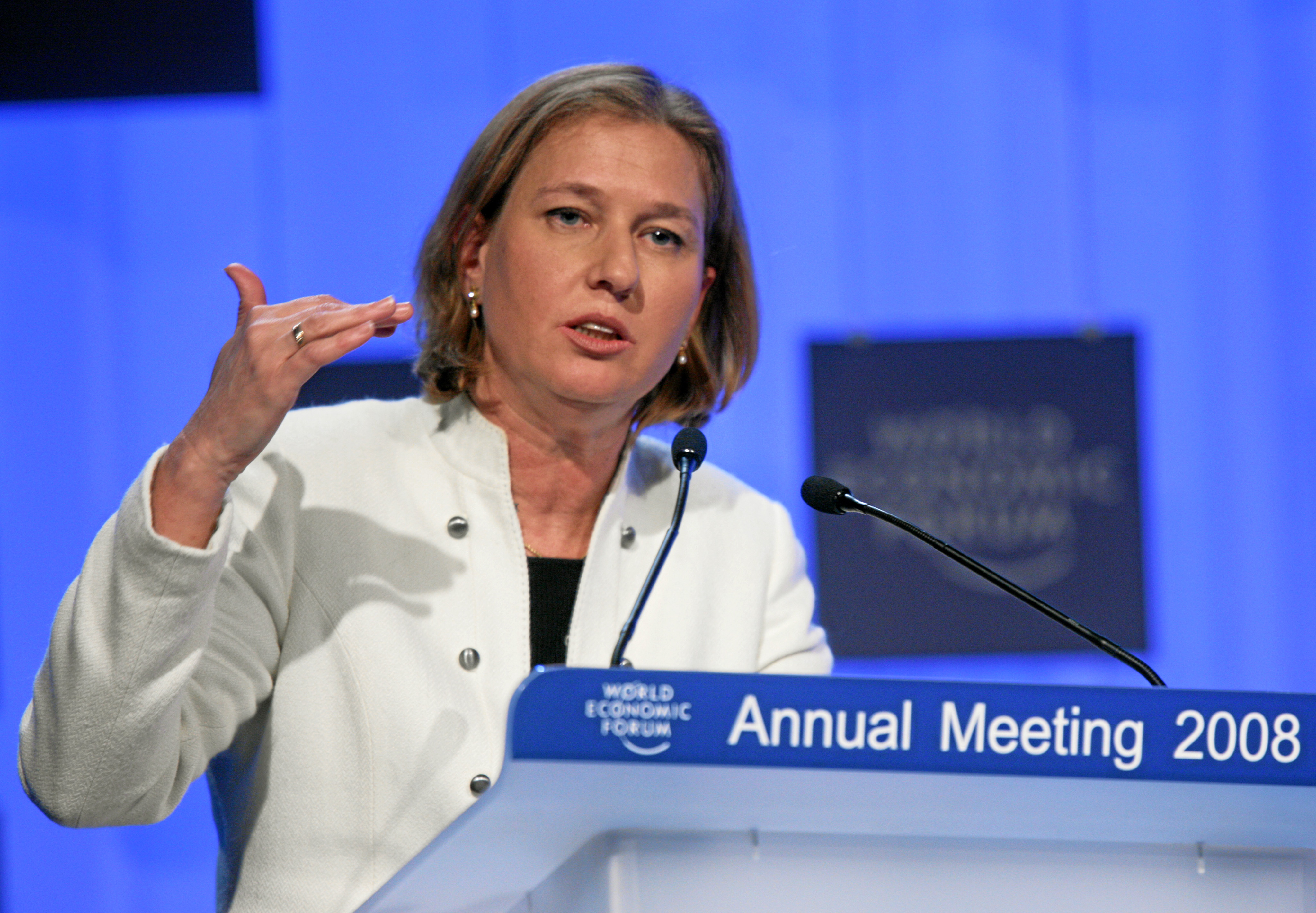A feeling of relief inundated my mind as the results of the November 4 presidential election were announced. No longer would I have to debate others over who I voted for in the presidential election. My decision was made and now the election season was finally over.
I am a Democrat. I have been since the presidential election that occurred when I was in second grade. I support a woman’s right to choose, the freedom to choose one’s life partner, the environment, and helping the poor. I was against the War in Iraq from the beginning. I supported former vice-president Gore for president in 2000 and United States senator John Kerry in 2004. In 2008, I wholeheartedly supported
Hillary Clinton for president.
After Hillary conceded the Democratic nomination to Barack Obama, I became disappointed and even depressed. I could not recall a time when I had so fervently supported one candidate. To me, Hillary was a hero, an inspiring politician, and a champion. I decided to commit my support to Hillary in January 2008. When Hillary won a primary or a caucus, my spirits were lifted. When she lost a contest, I voiced frustration but also heightened support for her to remain in the race. Just like Hillary’s other supporters, I was angry at the media and the Democratic Party establishment. In my opinion, they were biased toward Barack Obama.
Once Hillary’s loss became a reality, I turned to Obama to see whether he would do all he could to raise money to retire Hillary’s campaign debt. I looked to see if Obama would choose Hillary to be his running-mate or someone who had supported her. Neither of these things happened.
John McCain chose
Sarah Palin, a dark-horse candidate and little known governor of Alaska, to be his running-mate on Friday, August 29, 2008. During the days leading up to vice-presidential announcements,
I suggested that Obama choose Evan Bayh and McCain choose Palin. To say I was surprised when I found out would be an understatement. I screamed and jumped all around my apartment. McCain did it! McCain did it! He actually chose Sarah Palin. (Never did I think McCain would take a gamble by selecting Sarah Palin!)
McCain made a political decision when he selected Sarah Palin. It was clear McCain was sending a signal to disgruntled Hillary supporters and disappointed women that a woman may still have an important role at the White House. I think McCain was playing the gender card and he was smart to do so. His campaign was struggling and dying. McCain desperately needed a
game-changer.
Sarah Palin brought to the McCain campaign three things: a new image for the McCain campaign, expanded support among voting demographics, and a revitalization of a failing presidential campaign.
Palin, 44, brought her youth to McCain’s campaign, invoking a refreshing and new picture. The image of Palin’s family brought family issues such as teenage pregnancy and special needs children into the presidential debate. Palin’s
conservative credentials shored up support among factions of the Republican Party. Her executive experience coupled with McCain legislative experience added to the presidential ticket.
I did not agree with Sarah Palin on a wide-range of issues including the right to an abortion and keeping ANWAR off limits. I did not agree with many statements Palin made. I thought her debate performance with Joe Biden was awful.
So why was I attracted to the McCain-Palin team? It’s simple, the McCain-Palin ticket reached out to me. While I realize McCain was just trying to earn votes, he appealed to me when he praised Clinton’s historic candidacy. He appealed to me when he chose Sarah Palin, a political newcomer and maverick.
Do I think the choice of Sarah Palin as vice-president was a smart and risky decision? You betcha!
Did Sarah Palin cause more damage to or reinvigorate support for McCain’s candidacy? That’s debatable.
It was a difficult choice when it was time for me to fill out a vote-by-mail ballot. As attractive as the selection of Palin was to the McCain campaign, I did not vote for McCain. I also did not vote for Obama. Who did I vote for? I voted for Hillary Clinton.









